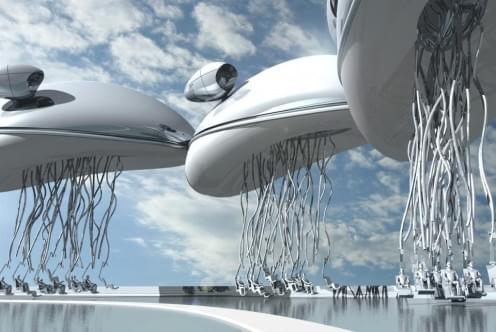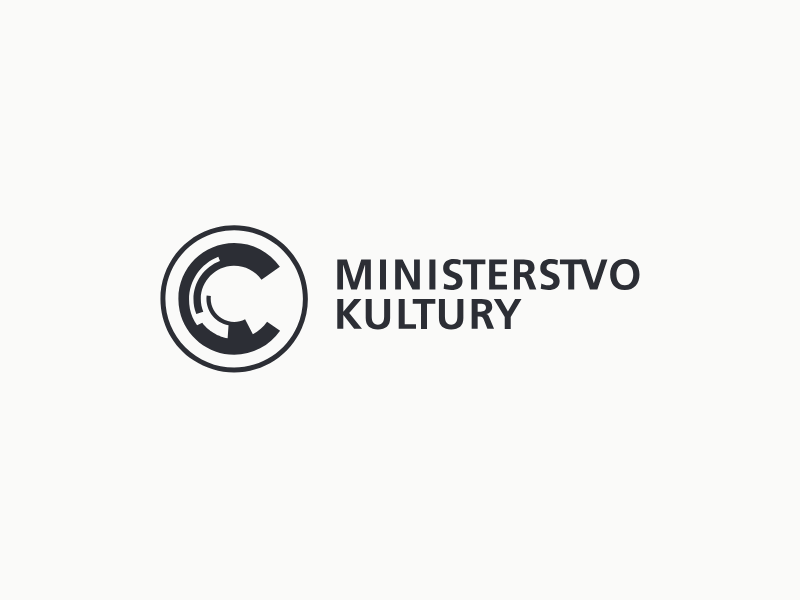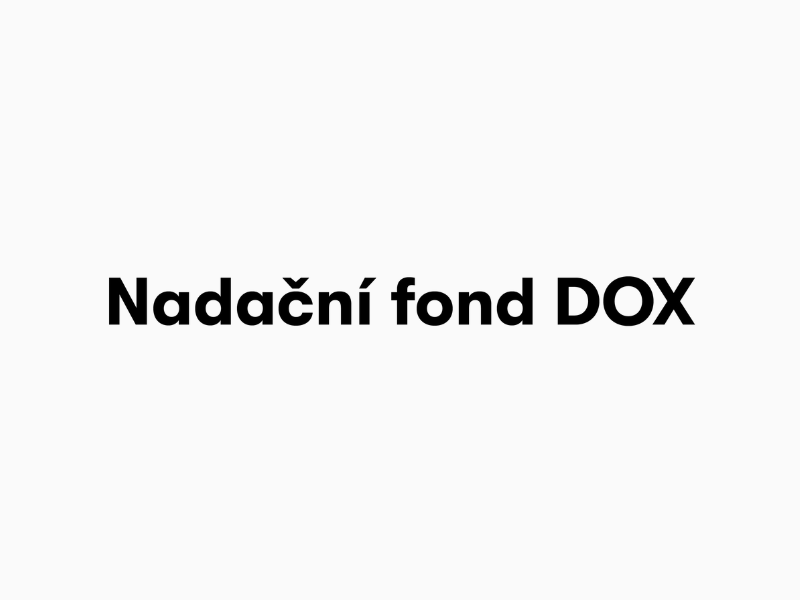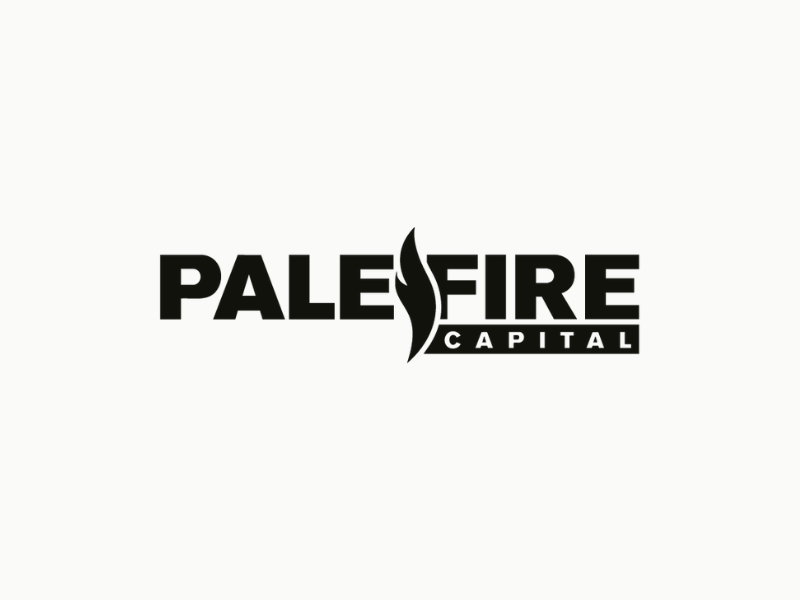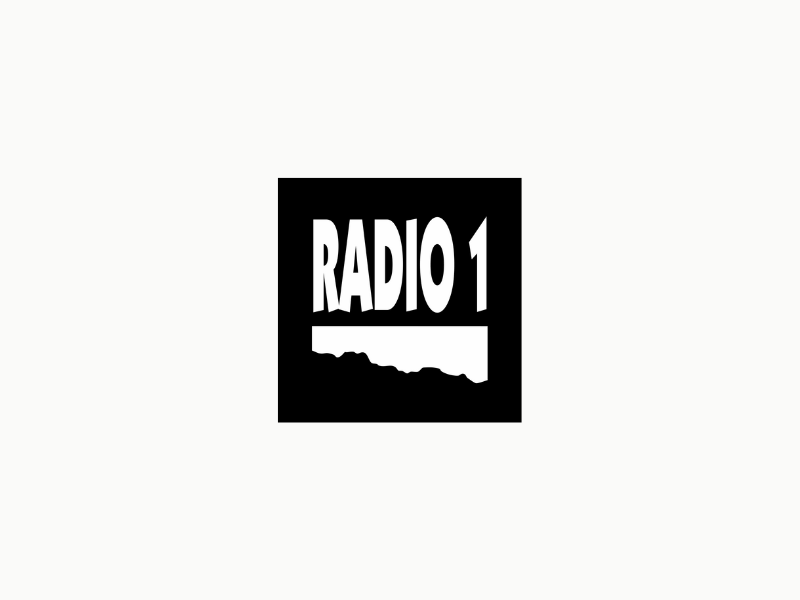The Future of The Future
29 Jul – 25 Oct 2010
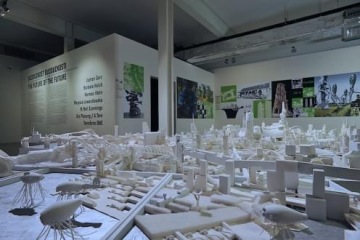
Jochen Gerz, Barbara Holub, Norman Klein, Marysia Lewandowska & Neil Cummings, Die Planung / A Terv, Terreform ONE
The future is not what it used to be. While this saying has already entered popular culture, its implications began to dawn on us only recently. The notion of "future" was central to Modernism, but in the late 20th century it ceased to be the driver of the Western world. In recent decades, questions of the past, of memory and identity, instead emerged as dominant in our society
.
The premise of this project is that this current position, with its division between our notions of past and future, is untenable. We seem to find ourselves on the threshold of a fundamental social and cultural change that is once again raising the question of the future. But it is the future (or futures) of a different kind – one that does not separate itself from the past, one that emphasizes sustainability and interconnectedness rather than progress and growth without limits.
This new understanding is already emerging in statements such as the following made by the artist Jochen Gerz: “The question of the future, which is the central question of modernism, is also a question of the past.” One can find the future in one form or another in the past as well as the present, and it is artists who often recognize it and help create it by making vital connections and by envisioning new forms and attitudes.
For instance, in their film Museum Futures (2009) set in the year 2058, Marysia Lewandowska and Neil Cummings present the Moderna Museet in Stockholm as a paradigm of new cultural institutions. Through an interview with the future director of the museum, the viewer learns about new institutional forms, whose elements are already in existence today, including concepts such as Open Source and Creative Commons.
Terreform ONE [Open Network Ecology] is a not-for-profit group of designers, architects, artists, and scientists who explore the environmental possibilities of New York. In their own words, this unique lab “develops innovative solutions and technologies for local sustainability in energy, transportation, infrastructure, buildings, waste treatment, food, water, and media spaces.”
Norman Klein is a cultural critic, urban and media historian, novelist, and the author of experimental projects whose subject is the human need to envision the future. In his works, such as the interactive multi-media novel The Imaginary 20th Century, Klein links the past and the future in a provocative manner, forcing the reader/viewer to see the present in a different light.
The exhibition will present artists from different countries and generations, who search for a more balanced relationship between the past and the future, such as we lacked in the last century and are still seeking in the present. In other words, the project aspires to explore the emerging future of a different kind, one that heralds a fundamental social and cultural change. The exhibition aims to introduce various forms of this future, advancing the belief that both the past and the future need our attention, and that the one cannot do without the other. With this aim, on October 9, 2010, the DOX Centre for Contemporary Art, in collaboration with the Respekt Institute and the Forum 2000 Foundation, is launching the event 12 Hours of the Future, comprising presentations by 40 representatives of various fields in response to major challenges of today.

